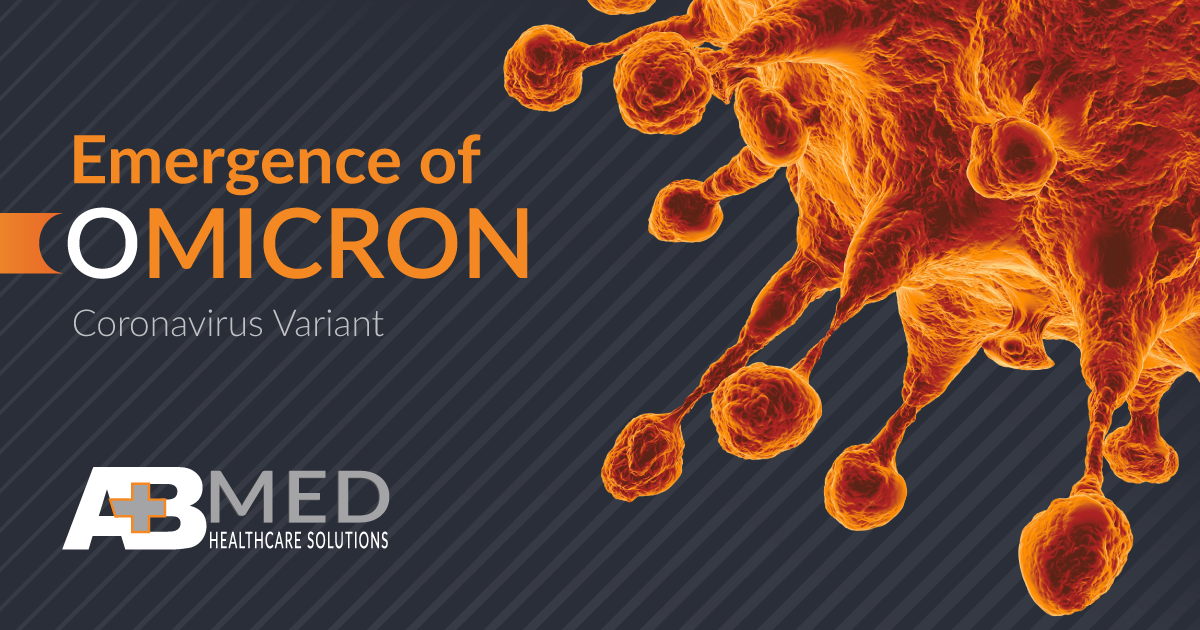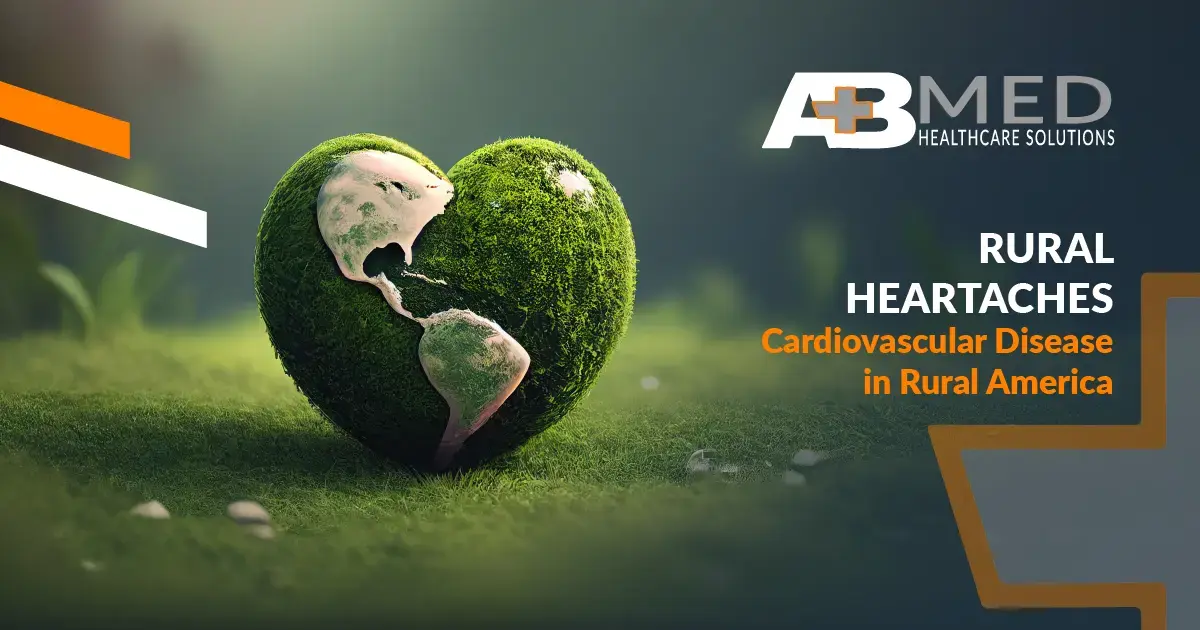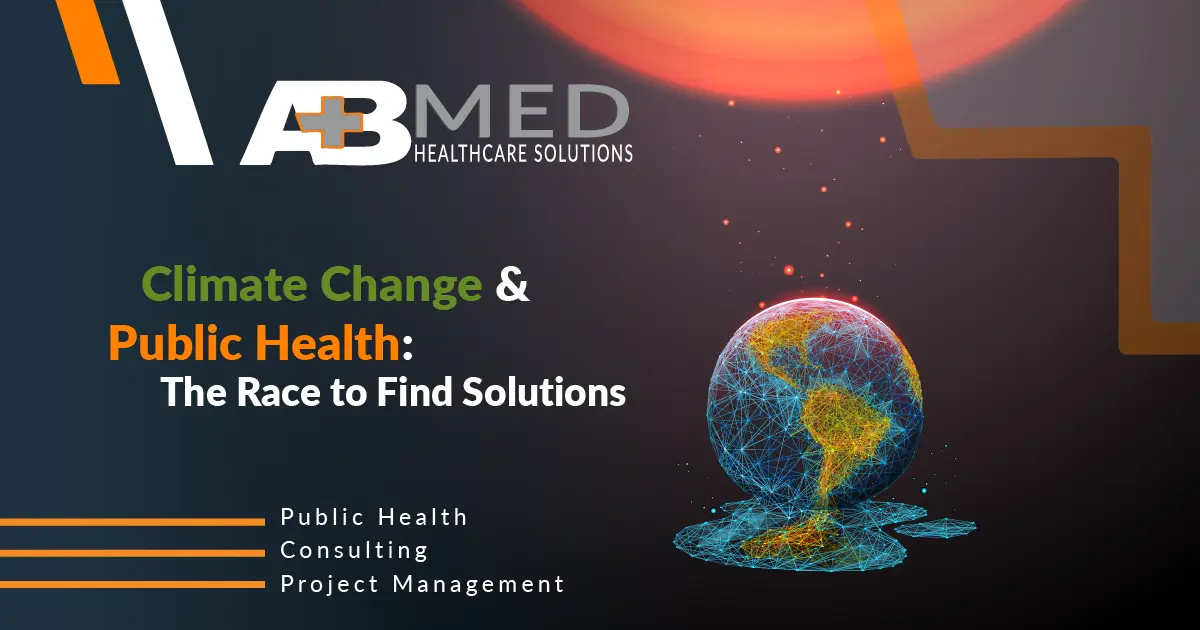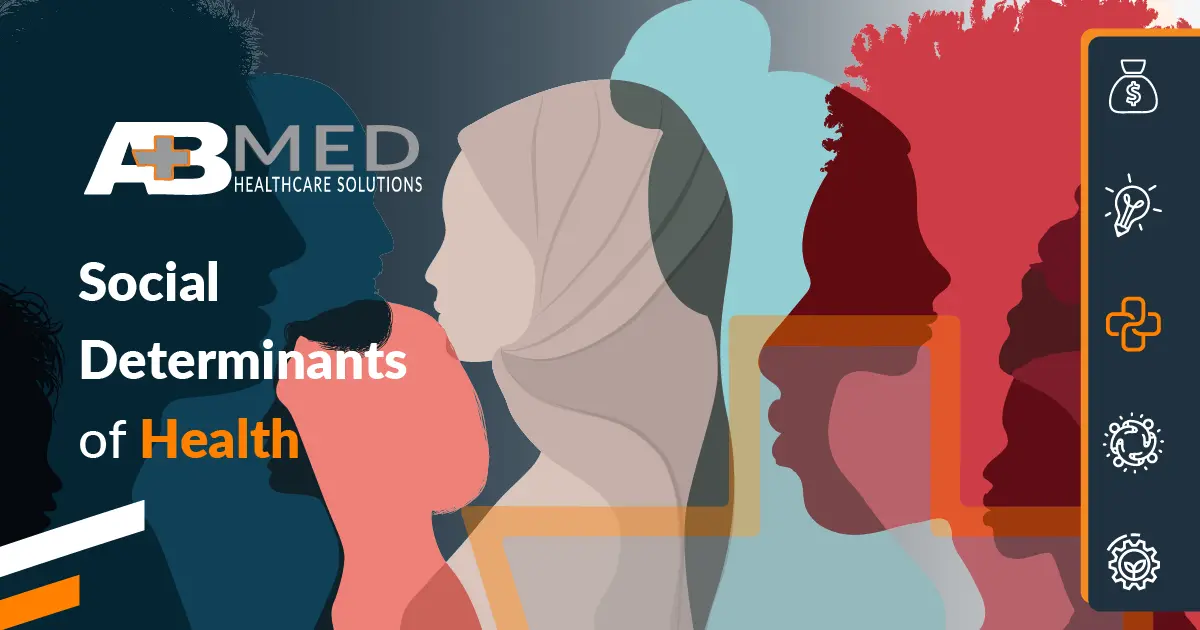On November 26, 2021, WHO designated the variant B.1.1.529 a variant of concern, named Omicron, on the advice of WHO’s Technical Advisory Group on Virus Evolution. [i]
- Variant of Concern (VOC) “A variant for which there is evidence of an increase in transmissibility, more severe disease (e.g., increased hospitalizations or deaths), a significant reduction in neutralization by antibodies generated during previous infection or vaccination, reduced effectiveness of treatments or vaccines, or diagnostic detection failures.”
The European Center for Disease Prevention and Control also classified this variant as a Variant of concern VOC due to concerns “regarding immune escape and potentially increased transmissibility compared to the Delta variant.”
Variant of Concern
The CDC collaborates with global public health and industry partners to learn about Omicron as they continue to monitor its course. The CDC has been using genomic surveillance throughout the pandemic to track variants of SARS-CoV-2, the virus that causes COVID-19, and inform public health practices.
The CDC continues to monitor its progress, but they don’t yet know how easily it spreads, the severity of the illness it causes, or how well available vaccines and medications will work in fighting it.
Although scientists cannot state with certainty the characteristics of Omicron yet, they are speculating that it is a far more contagious variant with vaccine-evasive properties.
“Omicron is spreading at a rate we have not seen with any previous variant,” said Dr. Tedros Adhanom Ghebreyesus, director-general of the World Health Organization. [ii]
While the Delta variant continues to be the predominant circulating variant, scientists continually monitor Omicron as it is gaining ground. It is already found in 77 countries, and since December 1, 2021, when the first U.S. case of Omicron was identified, it has been found in at least 36 states. Currently, Omicron has replaced Delta as the predominant variant in South Africa.
What We Know About Omicron
CDC and WHO officials watch as Omicron could threaten to stretch the healthcare system further, already struggling with a surge of Delta cases. As researchers investigate the rate of spread and severity of Omicron, the CDC has released facts about Omicron that we can use to reduce transmission in public, home, and work.
How easily does Omicron spread?
The Omicron variant likely will spread more quickly than the original SARS-CoV-2 virus and how easily Omicron spreads compared to Delta remains unknown. CDC expects anyone with Omicron infection to spread the virus to others, even if they are vaccinated or don’t have symptoms.Will Omicron cause more severe symptoms?
More data is needed to know if Omicron infections, especially reinfections and breakthrough infections in fully vaccinated people, cause more severe illness or death than infection with other variants.Will vaccines work against Omicron?
Current vaccines are expected to protect against severe illness, hospitalizations, and deaths due to infection with the Omicron variant. However, breakthrough infections [iii] in fully vaccinated people are likely to occur. With other variants, like Delta, vaccines have remained effective at preventing severe illness, hospitalizations, and death. The recent emergence of Omicron further emphasizes the importance of vaccination and boosters.Will treatments work against Omicron?
Scientists are working to determine how well existing treatments for COVID-19 work. Based on the changed genetic make-up of Omicron, some treatments are likely to remain effective while others may be less effective.
In Britain, where Omicron cases are doubling every 2 to 3 days, the variant’s expected to soon replace Delta variant as the dominant strain in the U.K. On Wednesday, the U.K. recorded the highest number of confirmed new COVID-19 infections since the beginning of the pandemic. Scientists are concerned that the doubling time (how quickly the number of cases doubles) of Omicron will exceed that of the Delta Strain.
The facts:
- It was first reported in South Africa.
- It has been detected in many countries, including the U.S., Canada, some parts of Europe, and Asia.
- It contains many mutations, some of which are concerning or present in other variants
What We Do Not Know About Omicron
There are many questions unanswered regarding the Omicron variant. Since Scientists caught it early, there is insufficient data to give definitive answers to specific questions. While the medical community reviews early data to establish the severity Omicron variant, we still have many questions.
- Will it replace Delta as the predominant COVID-19 variant?
- Does it spread easier or not as well?
- Does it cause more, less, or essentially the same disease severity?
- What will it mean for available COVID-19 vaccines and treatments?
- How to prepare?
A Measure to Slow Spread of Omicron
CDC recommends prioritizing case investigation and contact tracing for confirmed COVID-19 cases attributed to the Omicron variant. This prioritization should be balanced with maintaining case investigation and contact tracing for outbreaks of confirmed cases of COVID-19 infection in high-risk congregate settings (long-term care facilities, correctional facilities, and homeless shelters) and persons at increased risk for severe COVID-19–related health outcomes.
Implementing office protocols for timely investigations and contact tracing can ensure compliance and isolation if a workplace infection occurs. This enables workplace response to those testing positive and close contacts to be referred to testing and supportive services.
Timely case investigation and contact tracing can help ensure compliance with isolation and quarantine guidance and link persons with positive SARS-CoV-2 test results and close contacts to testing and supportive services.
Tools to Fight Omicron
Many of the current guidelines the CDC has in place will help fight the spread of the Omicron variant.
Vaccines remain the best public health measure to protect people from COVID-19, slow the transmission and reduce the likelihood of new variants emerging. Promoting vaccination among staff is essential to slow the spread in the office and continue mask-wearing. The CDC recommends wearing a mask in public regardless of vaccination of status.
The widespread availability of testing will assist healthcare and CDC officials in tracking and tracing infections quickly and efficiently. Currently, there are two types of tests used t: nucleic acid amplification tests NAAT’s and antigen tests. NAAT and antigen tests can only tell you if you have a current infection. Additional tests would be needed to determine if Omicron caused your infection.
Although we still have much to learn on Omicron, we can take the necessary precautions to slow the spread in our workplace and communities. Let’s Connect.
REFERENCES & RESOURCES
- Weise, K.W. and E. (n.d.). “Spreading at a rate we have not seen” – Omicron more resistant to COVID-19 vaccines. [online] USA TODAY. Available at: https://www.usatoday.com/story/news/health/2021/12/14/covid-omicron-south-africa-study/6502201001/ [Accessed 17 Dec. 2021].
- CDC (2020). Coronavirus Disease 2019 (COVID-19). [online] Centers for Disease Control and Prevention. Available at: https://www.cdc.gov/coronavirus/2019-ncov/variants/omicron-variant.html.
- CDCMMWR (2021). SARS-CoV-2 B.1.1.529 (Omicron) Variant — United States, December 1–8, 2021. MMWR. Morbidity and Mortality Weekly Report, [online] 70. Available at: https://www.cdc.gov/mmwr/volumes/70/wr/mm7050e1.htm?s_cid=mm7050e1_w.
- CDC (2020). Coronavirus Disease 2019 (COVID-19). [online] Centers for Disease Control and Prevention. Available at: https://www.cdc.gov/coronavirus/2019-ncov/science/science-briefs/scientific-brief-omicron-variant.html.
- World Health Organization (2021). Update on Omicron. [online] www.who.int. Available at: https://www.who.int/news/item/28-11-2021-update-on-omicron.
By: Erik McLaughlin MD, MPH and Aikaterini Papadopoulou, B.Arch






